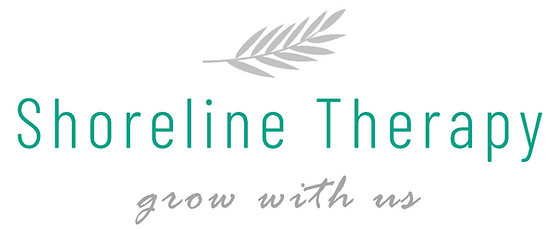
SLP Services for Adults

Clinical Areas
Parkinson's Disease
Persons with Parkinson's disease may experience changes in their speech clarity, voice, word finding, comprehension, and speech fluency (stuttering). Learn more.
Stroke
Communication disorders affecting speech, voice, and language are common after a stroke. People can benefit from treatment at any age and many years after their stroke. Learn more.
Also see: Aphasia
Voice
Services are provided for those with functional voice disorders (e.g., muscle tension dysphonia), neurogenic voice disorders (e.g., post stroke), and those seeking a more gender-congruent voice. Learn more.
Stuttering
Treatment is provided for adults who have stuttered since childhood or who have acquired a stutter in adulthood. Learn more.
Persistent Speech Delays/Disorders
Sometimes adults have speech delays and disorders (e.g., lisps) that have persisted since childhood. Our clinicians can work with you to achieve your goals for clearer speech.
Reading Disorders
Services are offered for adults with developmental or acquired reading deficits.
Traumatic Brain Injury
After a traumatic brain injury, difficulties with communication are common and may affect speech/pronunciation, word finding, sentence formulation, cognitive-communication (e.g., verbal reasoning, planning), and social communication (e.g., conversation skills, reading nonverbal signals). Learn more.
Dementia
Persons with dementia commonly experience linguistic changes in their abilities to retrieve words, participate in conversation, read, write, and understand the speech of others. These changes can contribute substantially to decreased quality of life, impact relationships with friends and family, and contribute to responsive behaviours. Interventions are available for persons at all stages of dementia. Learn more.
Also see: Primary Progressive Aphasia
Assessment
The purpose of assessment is to diagnose communication disorders, evaluate communication strengths and impairment, identify activity limitations and participation restrictions, and to inform treatment planning and recommendations.
Treatment
Treatment is available for adults in the areas of speech, language, reading, writing, cognitive-communication, voice, and stuttering. All treatment plans are individualized to the needs and preferences of each client and incorporate evidence-informed procedures and programs. Treatment plans incorporate both impairment-based goals (e.g., being able to say "coffee") and functional/real-life goals (e.g., ordering a coffee at Robin's).
Resources
"Adult Communication Disorders: Causes, Descriptions, and Accessing Support"
Shoreline Speech Therapy